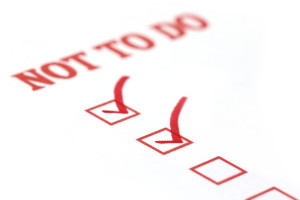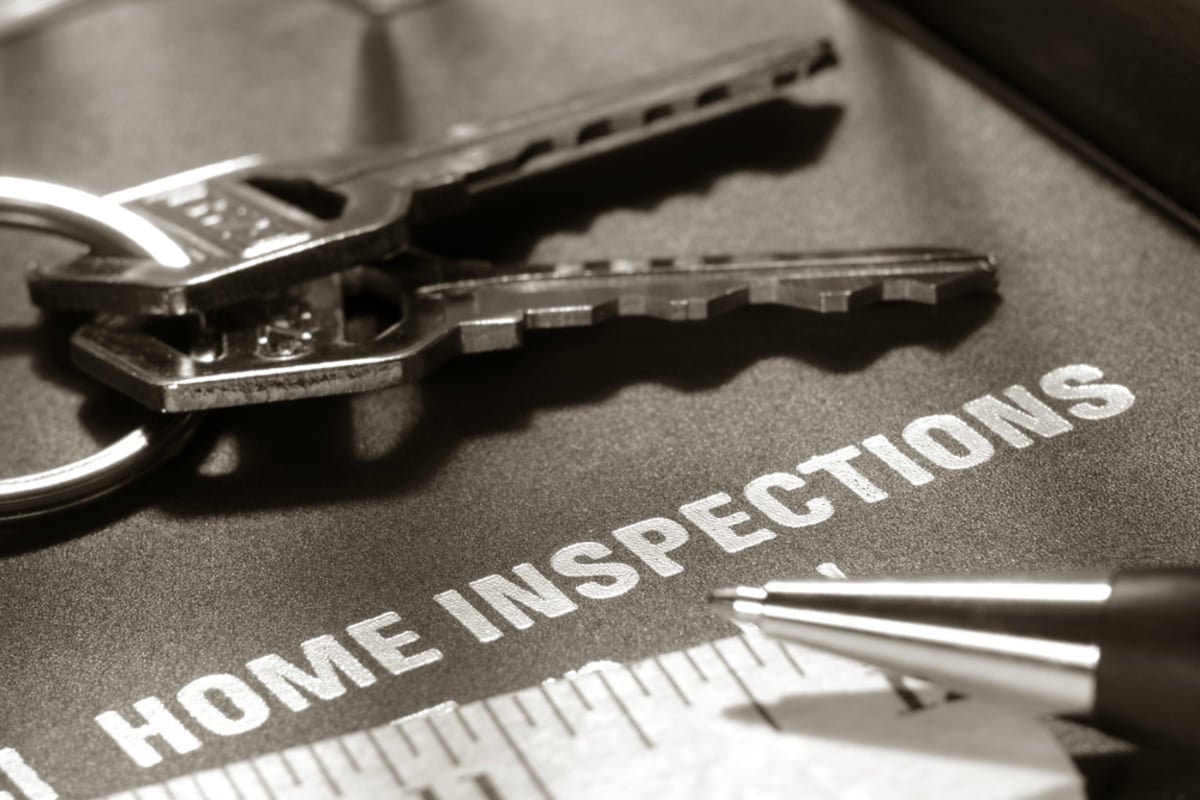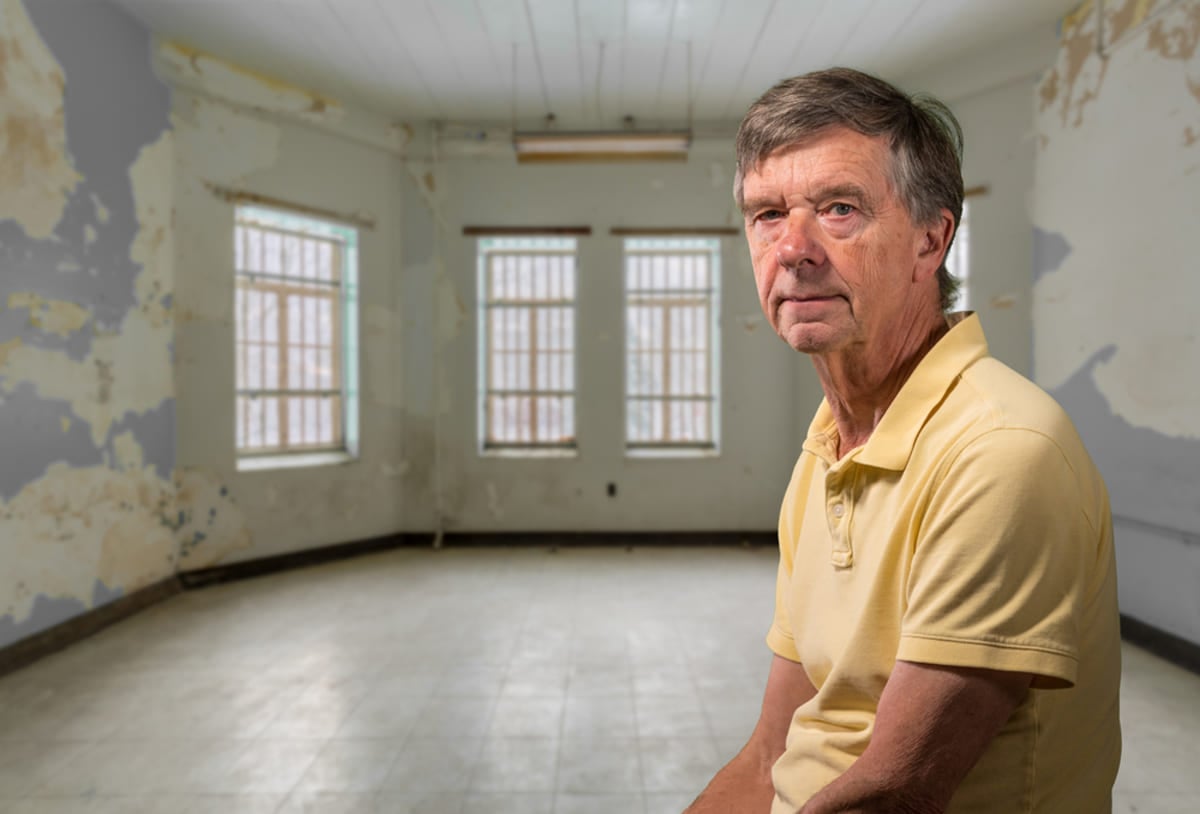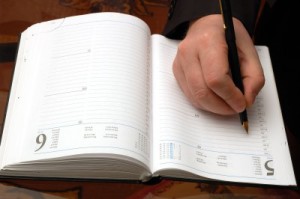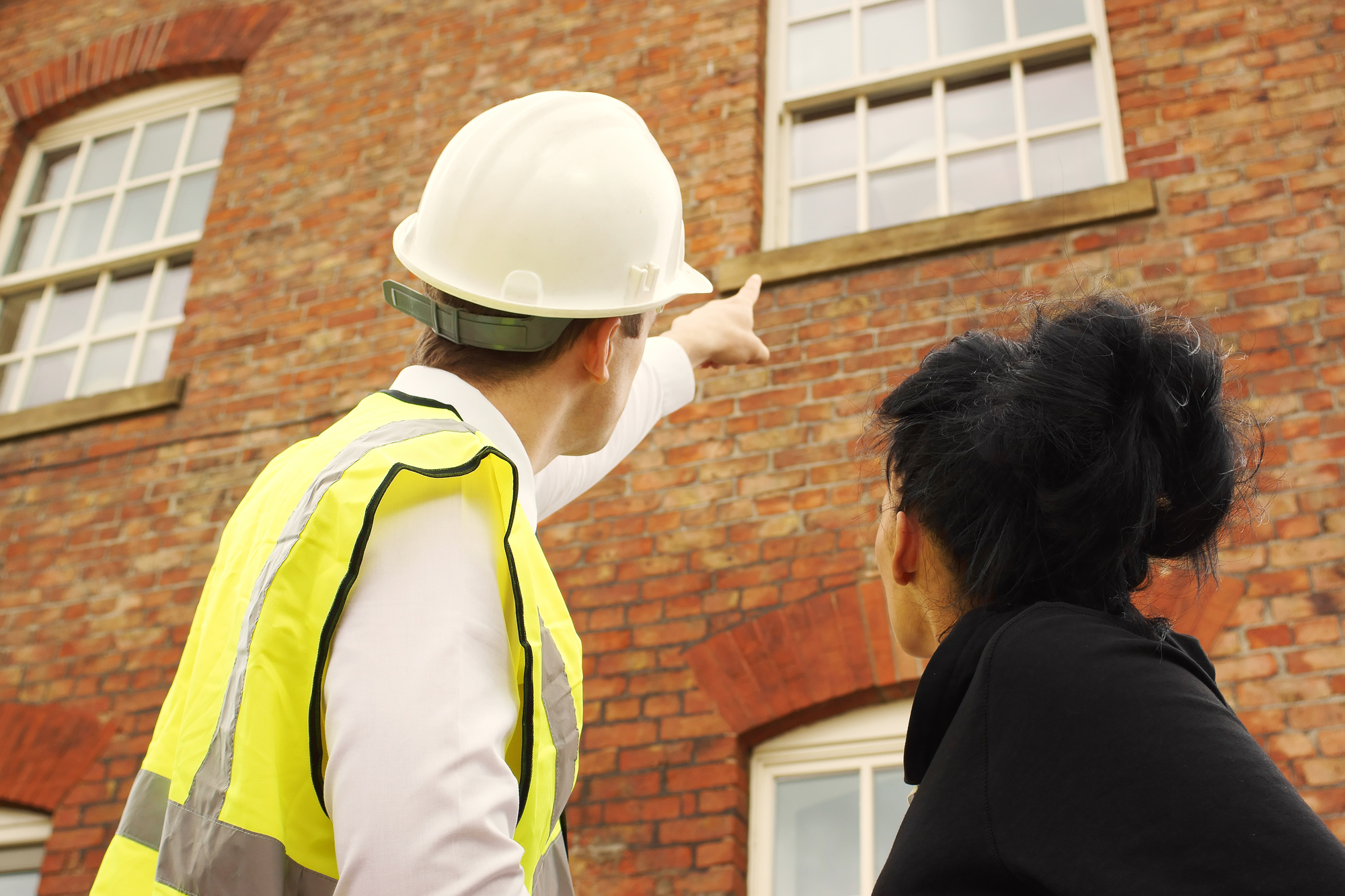by Albert Fontenot
January 21, 2015
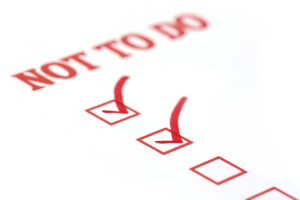
"Is there anyone so wise as to learn from the mistakes of others?"
~ Voltaire
If you want to be a landlord in Charleston, South Carolina, there is no better teacher than experience. Unfortunately, the learning curve in this business is very expensive, and mistakes mean missed money-making opportunities. It is a good idea to let the lessons gained by mistakes made in the past guide your behavior today.
The best part? You don't have to learn from your own mistakes – all you have to do is avoid making the same errors that many new-to-the-game landlords have been making for years.
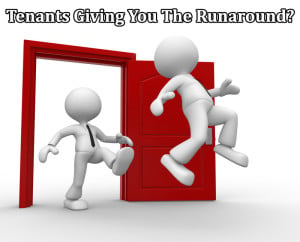
10. Postponing Evictions
There are a lot of reasons why new landlords hesitate to pull the trigger when it is time to evict problem tenants – the hassle of the legal process, falling for the tenant's litany of excuses, and far too often, not wanting to be the "bad guy".
The fact of the matter is that delaying eviction proceedings can turn into a very expensive mistake. Lost rent, property damages, and delayed occupancy of new PAYING tenants are just some of the unpleasant results that can stem from temporizing.
There are two rules when it comes to evicting tenants – do it quickly and do it right. Take too long, and you will continue to lose money. Go about it the wrong way, and you can be held responsible for any damages or losses claimed by the tenant facing eviction.
Starting the legal process as soon as possible can also help protect you from angry soon-to-be ex-tenants who might seek revenge by damaging your property, as happened in Edgefield County in 2013.
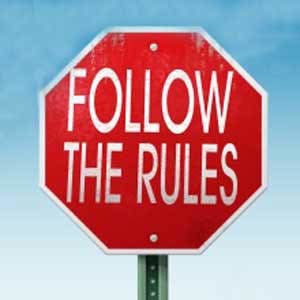
9. Not Enforcing Rules and Lease Terms
Many tenants who eventually turn into problems do so because they were never held accountable for the rules and terms that were spelled out when they initially signed their lease. An inexperienced landlord will mistakenly try to let tenants "slide" on violations, thinking that by doing so, they can build a better relationship with their tenants. Unfortunately, this is almost never the case.
When tenants realize that the landlord plays fast and loose with the agreed-upon rules, they will do the same. You put the standards in place to protect your property and your source of income, and once tenants become lax in following those standards, you put both in serious jeopardy.
To put it simply, always enforce the rules, period. If you have no-pets policy and your tenant purchases a dog, take the appropriate action. If the lease agreement mentions late fees for delinquent rent, make sure the tenant pays the penalty. You cannot expect your tenants to care about the lease agreement if you don't.
To protect yourself and your property legally and to ensure continuing goodwill between you and your tenants, the rules and terms need to be spelled out clearly. Without that clarity, you can end up with an unfortunate "gray area" where you are damned if you do and damned if you don't.
An example of this happened just last month in Central, where a landlord says that a soldier stationed out of state can't visit one of his tenants – the soldier's wife – for more than seven days, because his name isn't on the list.
Imagine the bad blood (and the bad press) that could've been avoided if issues were handled correctly at the beginning.
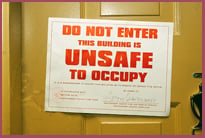
8. Violating Housing Codes
Too many landlords fail to meet state and local housing codes, all in the name of trying to save a few bucks. What they fail to realize is that those few dollars saved can result in thousands of dollars in losses due to fines, legal judgments, rehabilitative repairs, and lost rent.
If a property does not adhere to established health and safety standards, tenants may have legal grounds to break their lease early. Depending upon the circumstances, tenants may also have the right to sue you as the landlord for any injuries or damages they suffered because of the neglected property.
In the worst case, you could lose your tenants, be fined by the government, be held liable for punitive damages, be ordered to immediately make repairs, and be prohibited from renting to new tenants until the repairs are made and approved.
Charleston, and indeed the entire state of South Carolina, follows the doctrine of Constructive Eviction, which basically states that the landlord fails to provide something that is their legal duty and therefore renders the property uninhabitable, the tenant may break their lease and pursue damages.
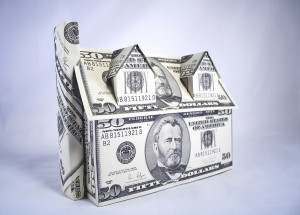
7. Underestimating Repair and Maintenance Costs
Many new Charleston landlords set themselves up financial failure when they neglect to properly take into account the cost of regular maintenance and the periodic repair or replacement of different parts of the rental home. When there is no money set aside to handle these expenses, this lack of experienced foresight can sometimes lead to financial ruin when the piper comes calling.
Like it or not, there are regular maintenance tasks that have to be performed in order to keep your property in habitable and rentable condition, and these tasks require an investment in money, time, or both. Even if you are a do-it-yourselfer, the expense of these tasks can eat up all of the rental profits during some months. This can be financially difficult when you own one or only a few properties.
Worse still are significant repair or replacement projects that are not covered by insurance. Roofs, windows, floors, plumbing fixtures, appliances – all of these have definite lifespans and need to be placed at some point. It is not an exaggeration to say that some of these projects might cost a whole year's worth of profit or more.
Let's look at some average jobs –
The cost to install a shingle roof on a typical 3-bedroom home of 1700 ft.² in the Charleston area will run between approximately $8600 and $11,000. Even if you do all of the work yourself and are able to work as efficiently as experienced professionals (which you probably aren't), it would take over 47 hours of labor and over $7000 in supplies.
If you need to replace the carpet in this hypothetical home, it would cost between $4500 and $5600 to have it done professionally. Doing it yourself, you would save some money and only have to pay around $3250. If you could work as fast as a professional, you would need to put in about 27 hours of labor. If you work at the speed of most non-professionals, you will probably need to double that.
The estimates given are specific to Charleston and updated for 2015, according to the home improvement site Homewyse.
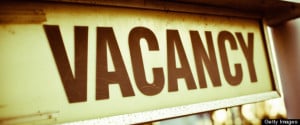
6. Banking on the Property ALWAYS Being Rented
When you are new to the landlord game and buy your first property, it is very easy to sit back and imagine the money that will be rolling in month after month and year after year. You never think about your property sitting vacant, because why should you? People are always going to need a place to live, aren't they?
The reality is that sooner or later, your rental property will be unoccupied. If you're lucky, you will be without tenants for only a short period of a few weeks. But depending upon a number of factors, there can be times that your property sits empty for several months at a stretch.
Your success will, of course, depend upon whether or not your existing tenants have the courtesy to give you a heads-up two or three months before they planned to move.
Of course, during the whole time that the home is uninhabited, it will be generating no income, no cash flow. In the meantime, you will still have expenses – mortgage, maintenance, and since you are between tenants, make ready.
You will still have to clean up after your old tenants leave, repair any damages, and do the typical "touching up". Most landlords use this period of vacancy to repaint the interior and replace the carpet, or at a bare minimum, give it a deep cleaning.
"…each vacant unit could cost an owner where anywhere from $1500 to over $5000 per month when you factor in make-ready costs, advertising, and incentives to get the unit leased."
~ John Rials, Managing Director of Real Estate for Charleston-based Greystar
In this bottom half of the top 10, most of the mistakes made by inexperienced landlords here in Charleston are primarily errors of attitude, planning, and expectations. By adjusting your mindset to more realistic and practical projections, you will find yourself well ahead of the game, compared to other new landlords.
In the next blog, I will round out the Top 10 with mistakes 1-5, which for the most part deal with things that beginner landlords in Charleston DO (or don’t do) that hamper their ability to be profitable. Together, the underlying message is to learn from the mistakes of others before they become YOUR mistakes.
